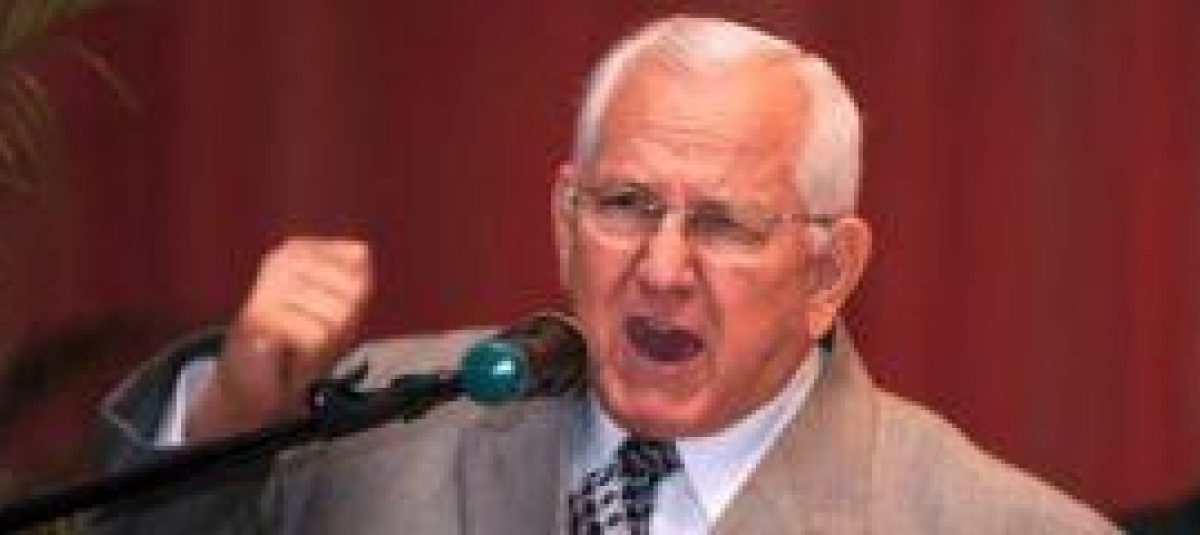Interim Honduran President Roberto Micheletti in Tegucigalpa on Jan. 12
The Honduran Congress ratified interim President Roberto Michelettis decision to leave the Venezuelan-sponsored Bolivarian Alliance for the Americas (ALBA) on Jan. 12. This domestically significant move signals a reversal of the policies of ousted Honduran President Manuel Zelaya, who had built economic and political ties to Venezuela, which was part of his opponents’ motivation behind the June 2009 ouster. However, Honduran dependence on imported fuels means legislators will attempt to keep an oil import initiative implemented under Zelaya intact for now.
The decision to exit ALBA was approved by 122 of 128 congress members, with the six opposing votes coming from five leftist Democratic Unity (UD) legislators and a single National Innovation and Unity Party-Social Democratic Party (PINU-SD) member. ALBA financial aid to Honduras will be terminated as a result of the withdrawal, including $185 million earmarked for social programs to be returned Venezuela. Honduras will keep a donation of 100 tractors. After the congressional vote, an official said Honduras will not dismantle existing crude oil supply agreements with Venezuela under the Petrocaribe oil supply alliance, of which Honduras became a member in March 2008. Petrocaribe offers crude oil to member states, allowing them to cover up to 60 percent of payments up front with shipments of goods.
Venezuelan President Hugo Chavez suspended oil shipments to Honduras, which reportedly totaled 20,000 barrels per day, in July 2009 after demanding Zelaya’s reinstatement. Honduran legislators have made it clear that they expect oil shipments purchased from Venezuela with Petrocaribe credits prior to the political crisis will still be supplied, despite the Venezuelan cutoff — but this situation places any resumption of oil shipments firmly at Venezuela’s discretion. After Zelaya’s ouster, Honduran officials claimed that a rupture with Petrocaribe would not cause fuel shortages in Honduras, saying Mexico and other Caribbean nations could become alternate suppliers. Officials said there had been fuel supply problems before the political crisis, but the interruption of Venezuelan shipments does not seem to have caused significant problems.
The Honduran decision seems likely to heighten already-simmering tensions between the politically isolated Central American nation and ALBA members, particularly Venezuela and Nicaragua. ALBA members have yet to recognize the interim government, and the Honduran rejection of ALBA seems likely to sustain this polarization for the foreseeable future. The decision signals a firm shift away from relations with Venezuela, for now, and reflects the interim Honduran governments continuing rejection of outside political interference.
